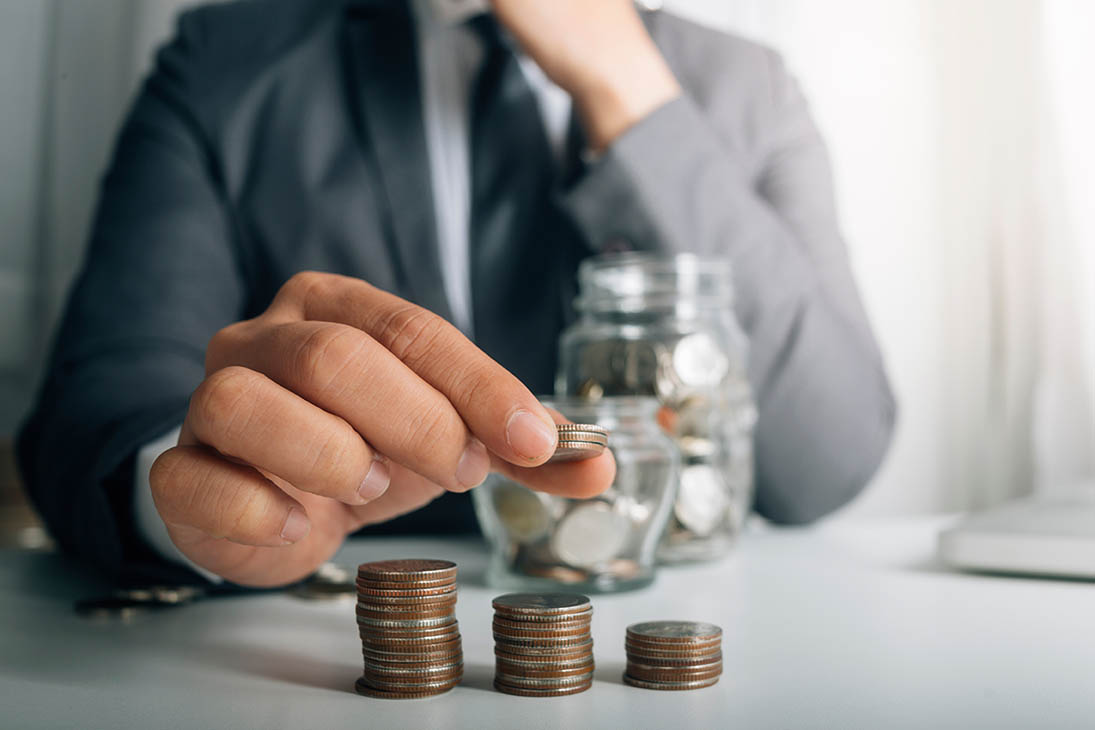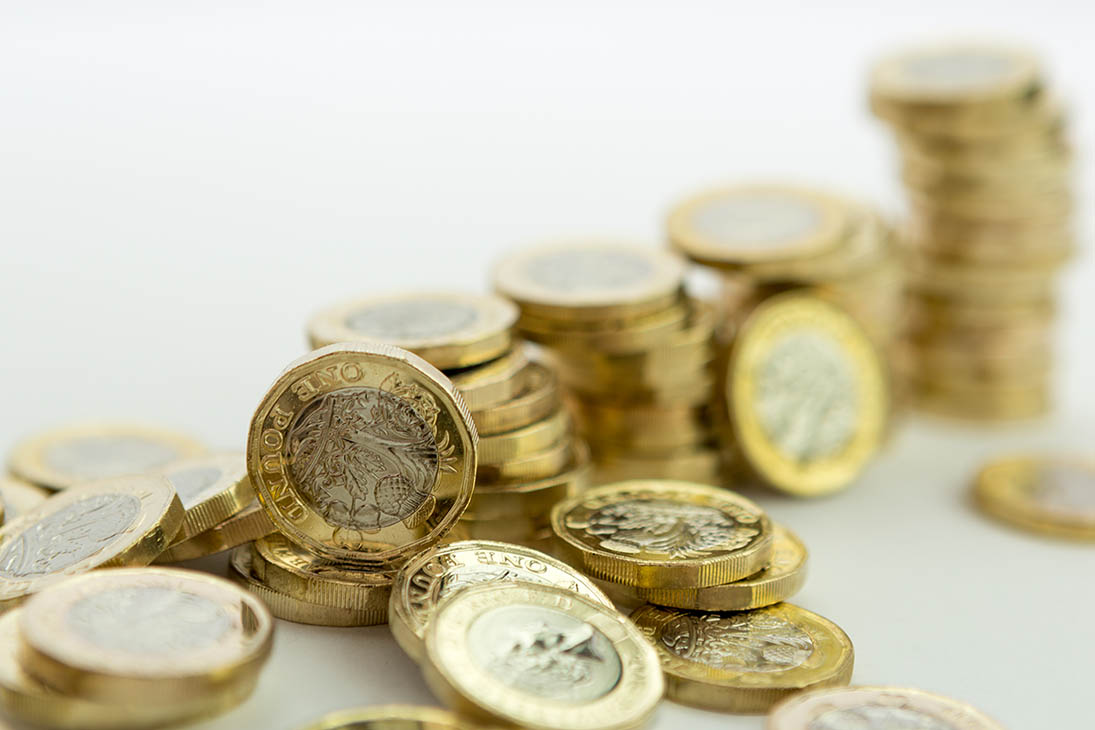What a difference a year makes! If you read Part 1 of this piece (the last edition of City Life), I was writing about how inflation erodes the value (purchasing power) of cash; the article was typed in June of 2021, inflation was virtually non-existent, but expected to ease back up to 2% p.a. Now however, in this crazy world in which we live, we’re seeing short-term inflation soaring into double digits and can only dream of 2% p.a.
Do we expect the current situation to continue? All the experts say no. They claim that what we’re seeing is very much a combination of short-term circumstances that have come together to create ‘the perfect storm’; I don’t like this phrase, but in this situation, it seems entirely warranted.
Anyway, back to Part 2…
Imagine we are lucky enough to have some cash stashed away or can save on a regular basis (remember, the ridiculous cost rises that we’re currently seeing are supposed to be short-term!), how much should we aim to have in our bank, building society, or NS&I Premium Bond account?
As ever, with all my answers, it depends. Having the right amount of cash is a balance depending on your personal circumstances and spending needs. Everyone though, would benefit from having three separate ‘pots’ of cash; they certainly don’t need to big; they just need to be big enough. I’m going to refer to them as Current Account, Emergency Fund and Savings.
Current Account. Allowing a current account to become overdrawn can be an extremely expensive way of borrowing money. Some of the charges that banks and building societies make for an unauthorised overdraft can be eye watering. Therefore, if we can protect ourselves from those charges that can only be a good thing. Our aim with the current account is that after the last bill has been paid each month, there’s just enough left to cover the next bill (or two) that usually come out after our next monthly income has been received. Consider it a little safety net.
Emergency Fund. This is the bigger safety net. The idea behind this pot of money is that it sits there only in case of emergencies; there’s no plan to use it, imagine it has a piece of perspex over it that states “In case of emergency”. If you’re lucky enough to be able to have the ideal-sized Emergency Fund, it should be large enough to cover between four and six months’ worth of essential spending (essential bills and spending only, not ‘nice to have’).
Finally, the third pot: Savings. This is the money that we can use for all planned ‘big ticket’ spending over the next six to twelve months (holidays, home improvements, car, wedding, etc.). Things that can’t be paid for out of our normal monthly income.
If you’re fortunate enough to have these three separate pots of cash, then you’re well on your way to being in a really strong financial position and achieving a balanced approach to saving and investment.
Time to get a coffee!
David
David Hinch is the Managing Director of David Burnell Financial Services.


